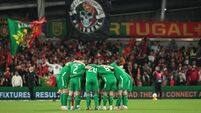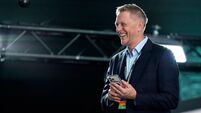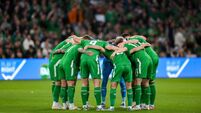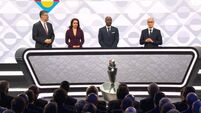A smile for Paul McGrath - Eight delightful scenes from the Finding Jack Charlton film
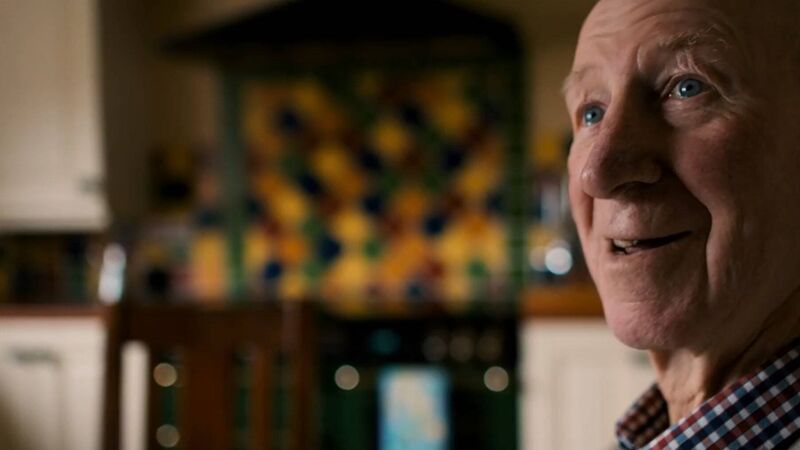
Finding Jack Charlton - smiling at Paul McGrath
Gabriel Clarke’s film is a masterpiece.
Broadcast on television for the first time last night, on Virgin Media One, it cannot have left a dry eye in a single Irish home that caught it.




